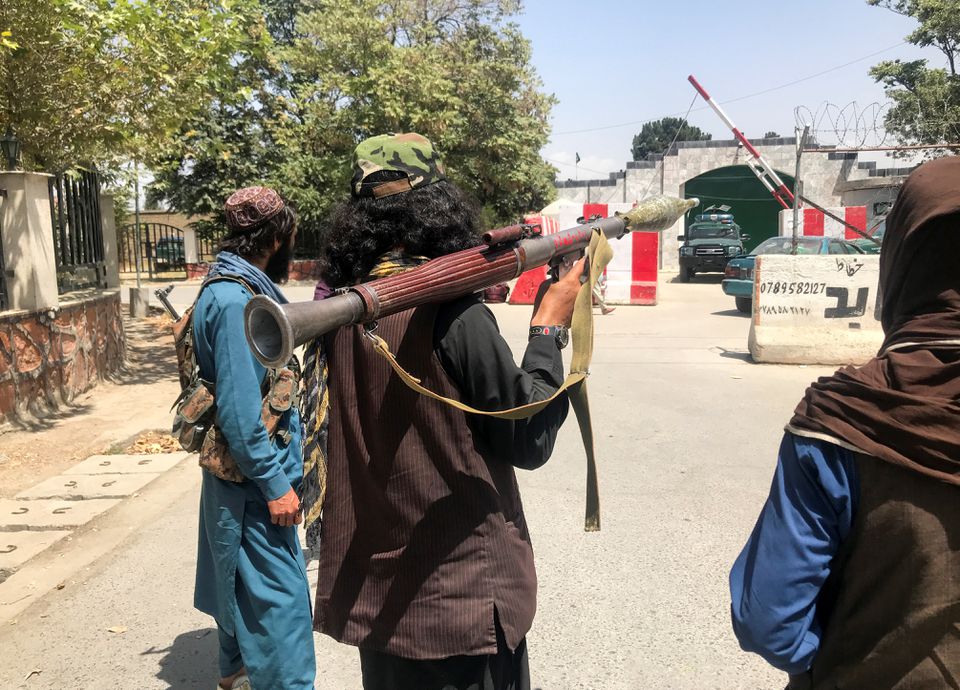New Delhi: Pakistan was the only country which had hailed the invasion of the Taliban in Afghanistan by issuing supporting statements, but many believe that an unstable and fundamentalist Afghanistan is going to adversely impact Pakistan. Despite knowing the spillover effect of an unstable Kabul, the military establishment in Rawalpindi is celebrating the success in view of its “strategic depth” theory against India. The myopic vision and hatred towards India was such within the ruling establishment in Islamabad that the country’s cabinet minister Zartaj Gul Wazir wrote on twitter, after the coup in Kabul, “India gets an appropriate gift for its Independence Day”; he deleted it later. Experts believe that the Taliban’s temporary success in Afghanistan risks destabilising Pakistan and increasing extremism within society.
Rajiv Sharma, an assistant professor in the University of Delhi who is an expert on South Asia, said: “The Taliban’s rule in Afghanistan is the most serious security challenge for Pakistan, as the Taliban and Islamists of Afghanistan and Pakistan are interrelated, interconnected and had shared bond since long, they would try to bring the Sharia and other religious, fundamentalist laws in Pakistan and pressurize the government to implement it.”
“During 1996-2001, when the Taliban ruled over Kabul, the fundamentalist elements in Pakistan got emboldened and forced the government to bring changes in the system to suit their religious agenda. I am worried that tendency might escalate again,” he added.
The other aspect is that many Afghan based terror outfits have closeness with Pakistan’s Tehrik-e-Taliban Pakistan (TTP) which had claimed to carry out many attacks on Pakistani soil, including the infamous Peshawar Army Public school massacre on 16 December 2014 in which more than 120 students were killed.
A Colonel-level officer based in New Delhi, who served in the Military intelligence and closely follows the Af-Pak region, said: “Any sensible Pakistani would understand the danger posed by an unstable Afghanistan as militant groups can use the country as a safe haven to launch terror attacks in the region. Pakistan would not be isolated from the spillover effects and might suffer badly.”
In a recent report, the Taliban freed a senior TTP commander during the chaos this month. The army establishment of Pakistan had time and again acknowledged that an unstable Afghanistan is dangerous for the world in general and Pakistan in particular, but the false satisfaction to see the India-friendly Kabul administration going down is leading to temporary happiness and celebration in the military-civil leadership of Pakistan.
Since 2001, Kabul and New Delhi shared a close bond and this had created an unease in the elite circles of Pakistan as they thought of Afghanistan as their pawn in the larger great game and always tried to use it for its geo-strategic motives, but they forgot two things—even within the Taliban, there are various factions and many groups like Islamic State (ISIS) will take advantage of the situation to carry out attacks and expand their footprint across South Asia. The world saw how the attack was carried out outside the Kabul airport; this seems to be just a signal of things to come for the whole region. With all this in background, it can be said that the myopic vision and India-centric foreign policy is harmful for Islamabad, but it is not ready to read the writing on the wall.

